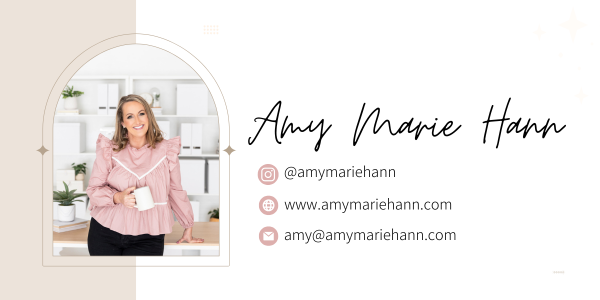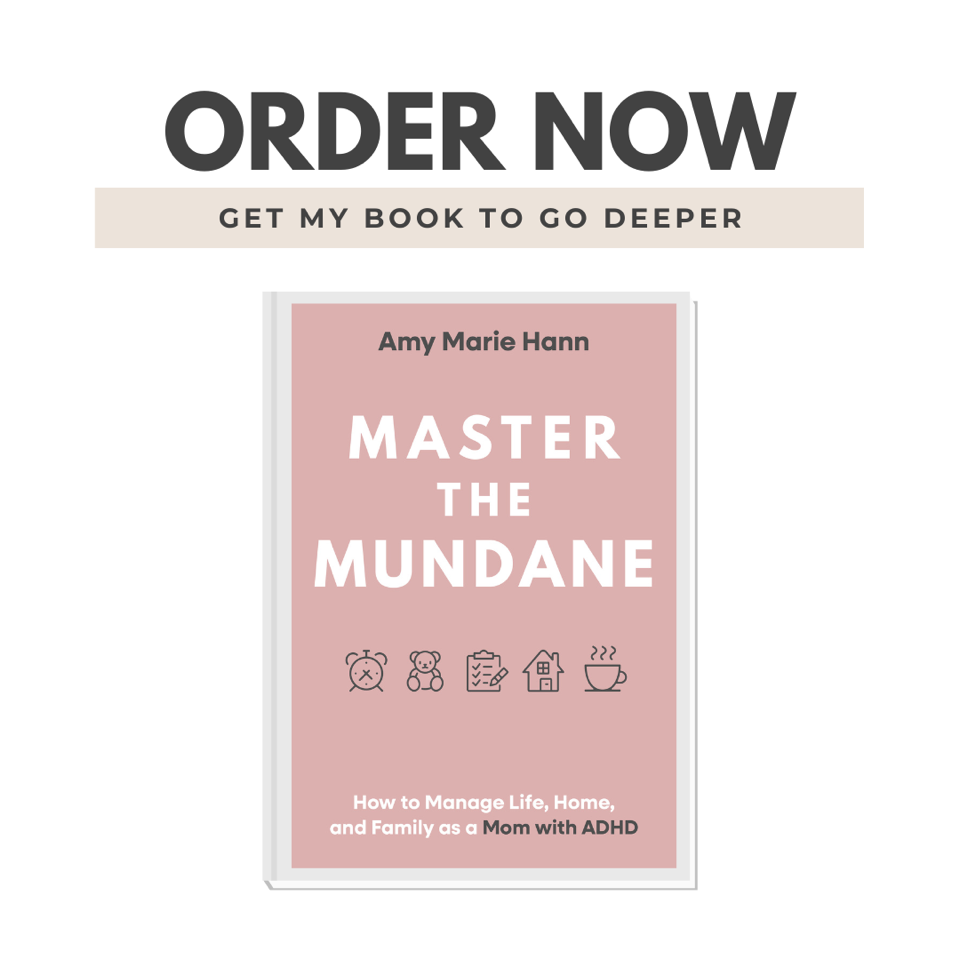Understanding Overstimulation: Navigating Motherhood with ADHD

This page contains affiliate links. If you choose to purchase after clicking a link, I may receive a commission at no extra cost to you.
Overstimulation has become a buzzword in recent times, offering a label for that overwhelming feeling when our nervous systems seem to go haywire, and the world around us becomes too loud, too much, too fast. It's a sensation many of us can relate to, but for moms managing ADHD, it adds an extra layer of complexity.
The paradox of ADHD is that while we crave stimulation, we also struggle to regulate it. Our brains thrive on novelty and excitement, yet reaching our limit can turn the smallest noise or distraction into an unbearable burden. Balancing the need for stimulation to stay motivated with the risk of becoming overstimulated is a daily battle for many of us.
One of the reasons we're prone to overstimulation is our heightened sensitivity and perceptiveness. Our ADHD brains struggle to filter out unnecessary information, causing us to notice things others might overlook. While this trait can lead to unique insights and creativity, it also means we're bombarded with more stimuli, making it harder to focus and manage our emotions.
When overstimulated, managing our feelings becomes a Herculean task. Irritability and anger can flare up easily, especially in the chaotic world of motherhood. As a mom of three energetic kids, I've found that overstimulation is not just a theoretical concept but a daily struggle that impacts every aspect of my life.
Addressing overstimulation has been crucial in my journey to understand my ADHD brain and thrive in motherhood. I've come to see it as closely linked to dysregulation—when overstimulated, my thinking brain goes offline, making it difficult to manage my emotions and daily tasks, let alone help my children regulate theirs.
Since ADHD tends to run in families, it's essential for moms to recognize and manage their own overstimulation to prevent it from spreading to their children. That's why I've made it a priority to develop strategies for both avoiding and responding to overstimulation in my daily life.
Avoiding Overstimulation:
-
Daily Movement: Engage in regular physical activity to release stress and emotions. Weight lifting has been a game-changer for me, but any form of exercise can help.
-
Identify Triggers: Pay attention to situations that overwhelm you and try to avoid them when possible. It's okay to prioritize your well-being over other obligations.
-
Create Margin: Give yourself downtime, especially after big events or busy periods. A slower pace of life allows for much-needed recovery.
-
Connect with Nature: Spend time outdoors to reset your brain and reduce stimulation. The calming sounds of nature can work wonders.
-
Screen-Free Rest: Find activities that allow your brain to unwind without additional stimulation. Crafts, reading, or meditation can provide much-needed relaxation.
-
Clutter-Free Zone: Create a peaceful space at home where you can relax without feeling overwhelmed by clutter. It helps to have at least one space where you feel like you can really relax. More tips on clutter here.
-
Noise-Canceling Headphones: Block out excess noise to reduce sensory input and prevent overstimulation. I rely on my headphones to block out extra noise throughout the day.
-
Prioritize Downtime: Schedule regular breaks throughout the day to recharge and prevent overstimulation. Both you and your kids benefit from moments of quiet reflection.
Responding to Overstimulation:
-
Release Guilt: Understand that overstimulation is a natural part of managing ADHD, and it's okay to prioritize your needs. Modeling healthy coping mechanisms for your children fosters understanding and empathy.
-
Take Ownership: Instead of blaming others for your feelings, acknowledge that overstimulation is a personal challenge. Communicate your needs calmly and respectfully to avoid misunderstandings.
-
Use Earplugs: Lower the noise level in your environment by using earplugs when necessary. It's a simple yet effective way to prevent sensory overload. I highly recommend these ear plugs.
-
Ask for Help: Don't hesitate to seek support from your partner or loved ones when feeling overwhelmed. Taking time for yourself is not a sign of weakness but a necessary step in maintaining your well-being.
Navigating motherhood with ADHD presents its challenges, but by understanding and managing overstimulation, we can create a more peaceful and fulfilling environment for ourselves and our families. Let's embrace our neurodivergent brains and empower ourselves to thrive, one moment at a time.








